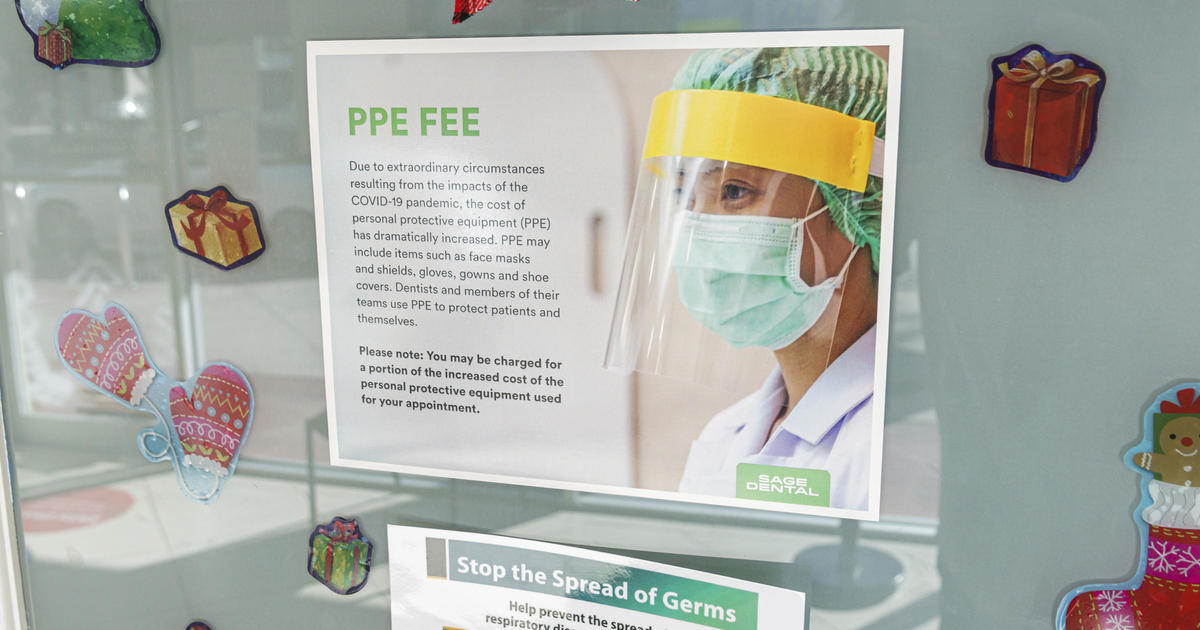
Like most Americans shopping for cars these days, Bret Bonnet is fairly resigned to paying a stiff price. So he was thrilled when he came across a 2022 Ford Expedition with a MSRP of $70,000 advertised on Cars.com for just $63,000. Until, that is, Bonnet spoke with the dealership and discovered the actual price would be far higher.
“They said, ‘There’s a ‘market adjustment’ fee of $5,000 on all our cars,” said Bonnet, co-founder of a branded products distributor. The hidden fee made the 40-year-old Chicagoan so angry he scrapped the entire purchase.
It wasn’t the price, Bonnet explained. “I get it… things cost more, and cars are in short supply these days.” Rather, it was that, in his view, the dealership was trying to put one over on him. “You can put the actual price online — you don’t have to artificially deflate the price and then say, ‘By the way, there’s a $5,000 fee,'” he said. “Now that they wasted my time and had the audacity to bait and switch, I’d never give them my business.”
Such fees aren’t limited to car sales. From hotels that slap travelers with mysterious “amenity fees,” to apartment complexes that charge extra for putting rent on your credit card, to event-ticket “convenience fees” that are anything but, these hidden costs are on the rise. The practice — called “drip pricing” by policy experts — is becoming more common as sellers look to pass high costs on to consumers, according to academics.
Disguising price hikes
Drip pricing, which involves splitting up the cost of a product into two or more parts, has been around for years. It took off as online shopping became widespread and sellers looked for ways to evade search engines that let users easily compare product costs.
Upcharges and fees that appear just when it’s time to pay for a product “do a very good job of making price search harder. That’s what they’re designed to do,” said Sara Fisher Ellison, an economics professor at the Massachusetts Institute of Technology who has researched the issue.
Ellison said that surging inflation is a big reason sellers today might be trying to pass on costs as fees. And higher costs are just one way sellers are trying to boost profits, in addition to shrinking package sizes or making the shopper do the work themselves.
“Retailers are trying to come up with ways to raise prices to cover costs, but they’re just kind of testing out ways that they can raise prices that might be a little less visible, a little more tolerable, a little less infuriating for consumers,” Ellison said.
In one recent example of drip pricing, some restaurants have begun adding adjustments on the bill instead of raising menu prices.
The owner of Virginia restaurant Sunset Grill told CBS affiliate WTVR that raising menu prices was unrealistic because “we would have been printing and reprinting two or three times a week,” owner Leslie Whitney wrote in an email to the station. “However, we did know that we had to do something to recoup some of the money loss.”
A Consumer Reports survey from 2019 found that 85% of people had encountered a hidden fee, with these charges being most common in internet and cable services and live events. Not surprisingly, 96% of respondents said they dislike the fees.
Academic research shows sellers can rake in profits by simply hiding the price of goods, while internet technology has made that much easier.
“Before the internet, you had to train a sales force to try to talk people into buying a more expensive mattress than they wanted,” Ellison said. “With the internet, you just have to design your website to do that.”
Although consumers hate surprise charges, companies don’t always win by being transparent. Several years ago, ticket seller StubHub experimented with eliminating fees in favor of all-in upfront pricing, but quickly backtracked after it started losing business.
“Drip pricing is really not good for anyone — it creates a race to the bottom, where all ticket sellers feel like they have to advertise deceptively low fees or they’ll lose out to those who do,” said Max Sarinsky, a senior attorney at the Institute for Policy Integrity at New York University. “It’s not the kind of problem that can solve itself, because it requires all actors to behave well. “
Complaining helps
Last year, the institute asked the Federal Trade Commission, which has the authority to crack down on misleading and deceptive business practices, to ban drip pricing. Its petition garnered support from a number of consumer rights groups and event ticket sellers.
Until recently, federal action on fees was limited to occasional warning letter to hotel chains. But it appears new rules may be on the horizon. The FTC last month proposed limits on surprise fees and bait-and-switch ads in the car industry, while the Consumer Financial Protection Bureau is scrutinizing junk fees in the finance industry. Individual states have also sued hotel chains for deceptive pricing practices.
On their own, consumers can’t do much, but there are still some ways to minimize surprise fees, said Syed Ejaz, a financial policy analyst at Consumer Reports who has advocated for fair pricing. The most effective tactic? Complaining.
“Speak up to the company,” Ejaz counseled. Only one-third of the people in Consumer Reports’ survey tried to fight a surprise fee — but of those who objected, two-thirds were able to get the added charges dropped.
Said Ejaz, “Whether it’s submitting a complaint through whatever portal is available or speaking to the person you’re making a purchase from, it’s always worth it to raise your voice.”

